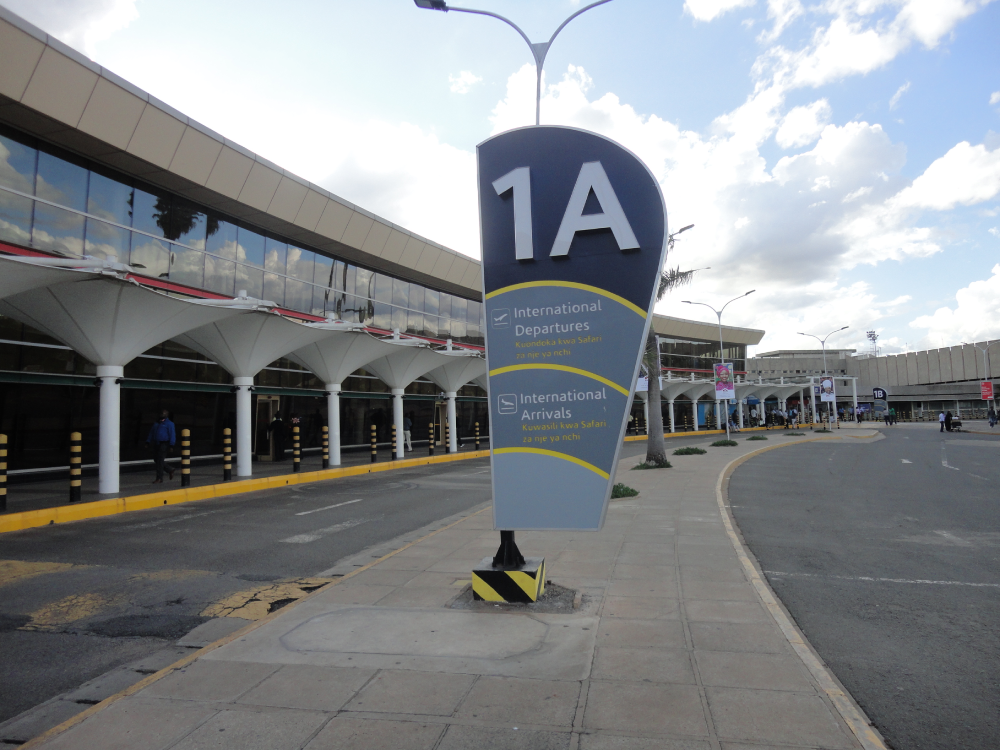The Adani Airport Holding’s proposal to transform Jomo Kenyatta International Airport (JKIA) has been put on ice due to a pending lawsuit (HCJR/E199/2024) which was lodged by the Law Society of Kenya (LSK) and the Kenya Human Rights Commission (KHRC).
This raises several important legal and procedural questions. The issues put forward by the LSK and KHRC lawsuit bring forth legitimate concerns regarding the Adani deal. LSK and KHRC contend that the legal provisions governing Public Private Partnerships (PPPs) have not been adhered to.
There have also been allegations that the deal between the Kenya Airports Authority and Adani Holdings will create adverse effects that have not been adequately tackled during the Environmental Impact Assessment (EIA).
As provided under Article 42 of the Constitution, “every person has a right to a clean and healthy environment, and the plaintiffs will contend this right is under threat”. So it is not just about the money and management issues.
The PPP Act stipulates how private sector participation can be procured in public project procurement processes, including competitive bidding and public involvement.
If Adani Airport Holdings was understood to have been given an unfair advantage or proper procedure was not followed in the award of the contract, it could provide enough legal grounds for a permanent injunction.
At present, the temporary injunction prevents any progress toward the planned development. Should it be extended indefinitely, this would have repercussions on the expansion and operations of the Jomo Kenyatta International Airport (JKIA).
The project may attract considerable time delays as the courts work out the legally permissible boundaries even as they review the agreement in question.
The case can trigger a change in the government’s attitude toward PPPs, and this might increase transparency to a level that the government would not have desired in the first place.
If the legal proceedings prove that there were systematic weaknesses in the award of the contract, it may raise red flags for foreign investors interested in various infrastructural projects in Kenya.
The constitutional and legal framework in relation to the case lies in Articles 22 and 23 (Bill of Rights Enforcement). The lawsuit may include arguments about the public’s rights and other protections enacted under the Constitution, especially on the issues of openness and safeguarding the environment.
- Chaos as JKIA workers strike against Adani deal
- Court temporarily stops Adani JKIA deal in LSK suit
- KQ warns of flight delays amidst strike by KAA workers
Under Article 227, which gives guidelines on procurement of public goods and services, one critical issue will be whether or not constitutional provisions were followed while conducting the procurement process. The LSK and KHRC are likely to contend that the procurement process was not as competitive as the law requires.
This may turn out to be the most critical aspect of the case as it seeks to ascertain whether citizens were sufficiently involved in the decision-making processes.
Two key questions will be; Was public participation conducted openly and satisfactorily? Were international precedents and best practices considered while undertaking the deal?
Given that Adani airport management via PPPs has faced criticism concerning who supervises soft activities within airports, this invites scrutiny with regards to transparency and public participation. The court will have to decide if openness, competition and consultation with various stakeholders were undertaken.
The European Union’s (EU) approach to PPPs emphasises robust legal frameworks, strict environmental reviews and a high degree of public consultation to ensure public trust in infrastructural development projects, an important consideration that the Adani-KAA deal is lacking.
EU’s PPP legal framework has seen member countries adhere to the laws which aim to secure public confidence and support for developmental projects. This is a precedent Kenya ought to borrow from.
For now, the court order stopping the execution of the contract exemplifies the effectiveness of Kenya’s legal institutions in protecting the public good and upholding constitutional values.
This is a case about governance in the context of transparency and accountability, and the steps taken towards implementing the deal must be seriously interrogated.


